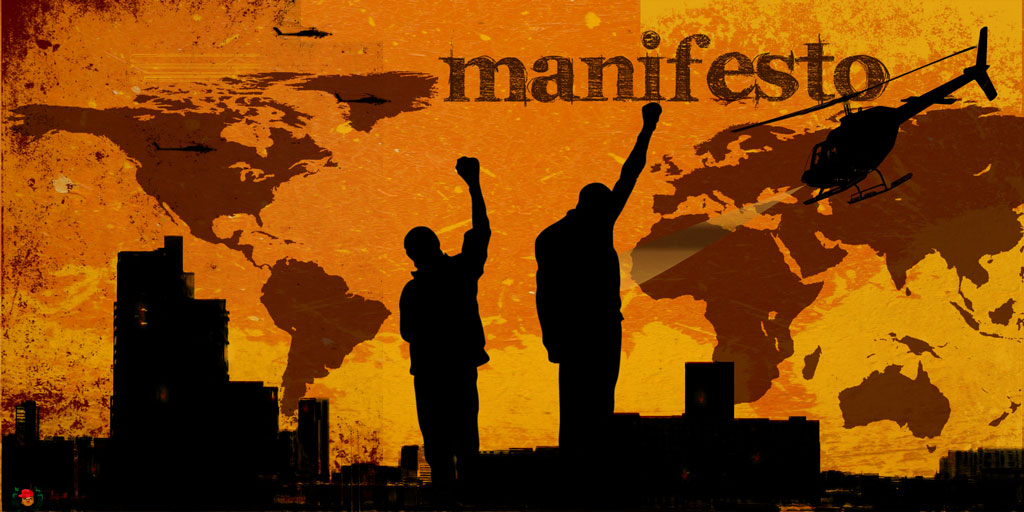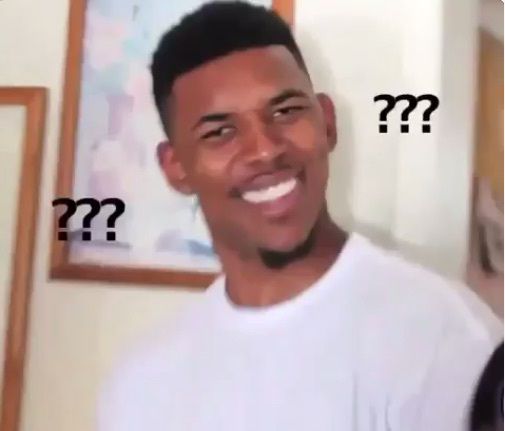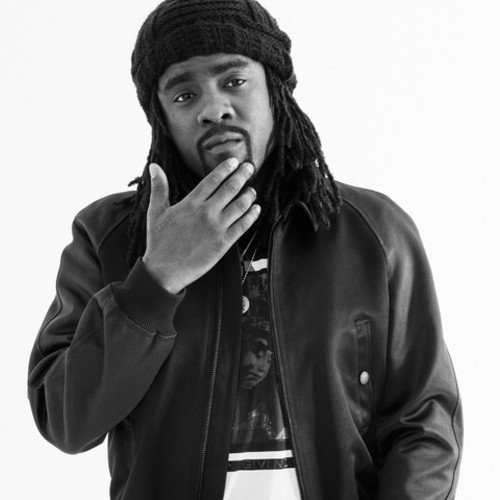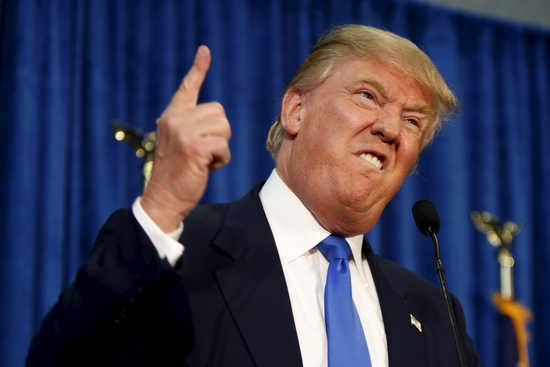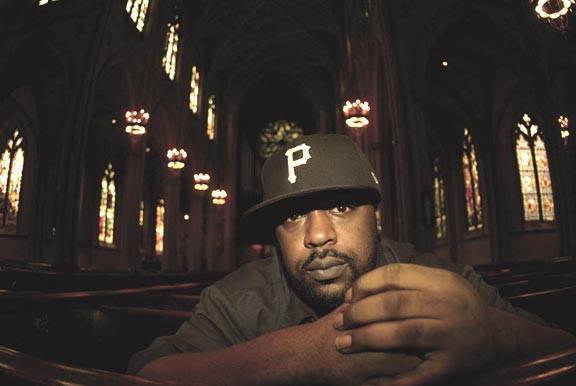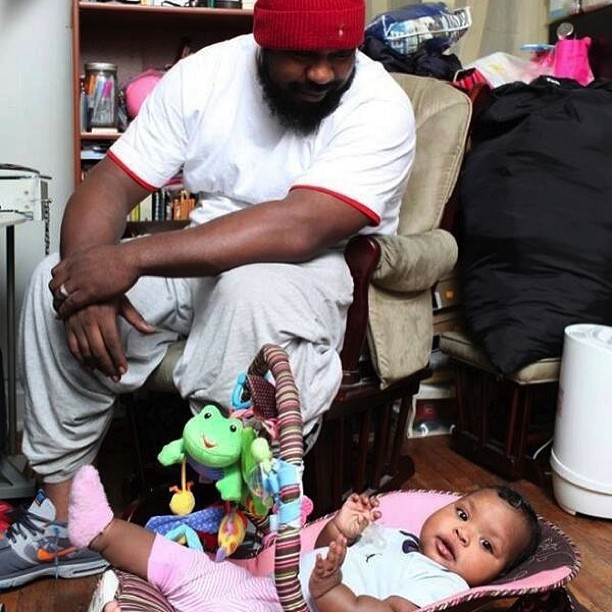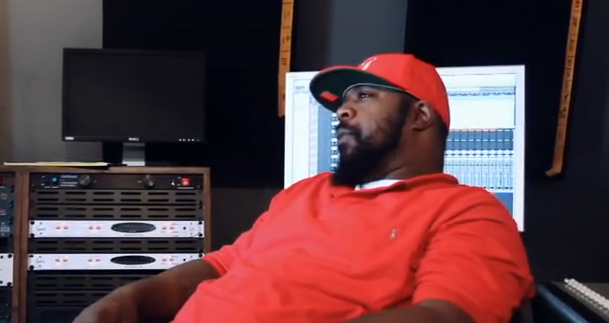When The Rush Is Taken Away - Chris "Preach" Smith
 Tuesday, October 20, 2015 at 9:58AM
Tuesday, October 20, 2015 at 9:58AM 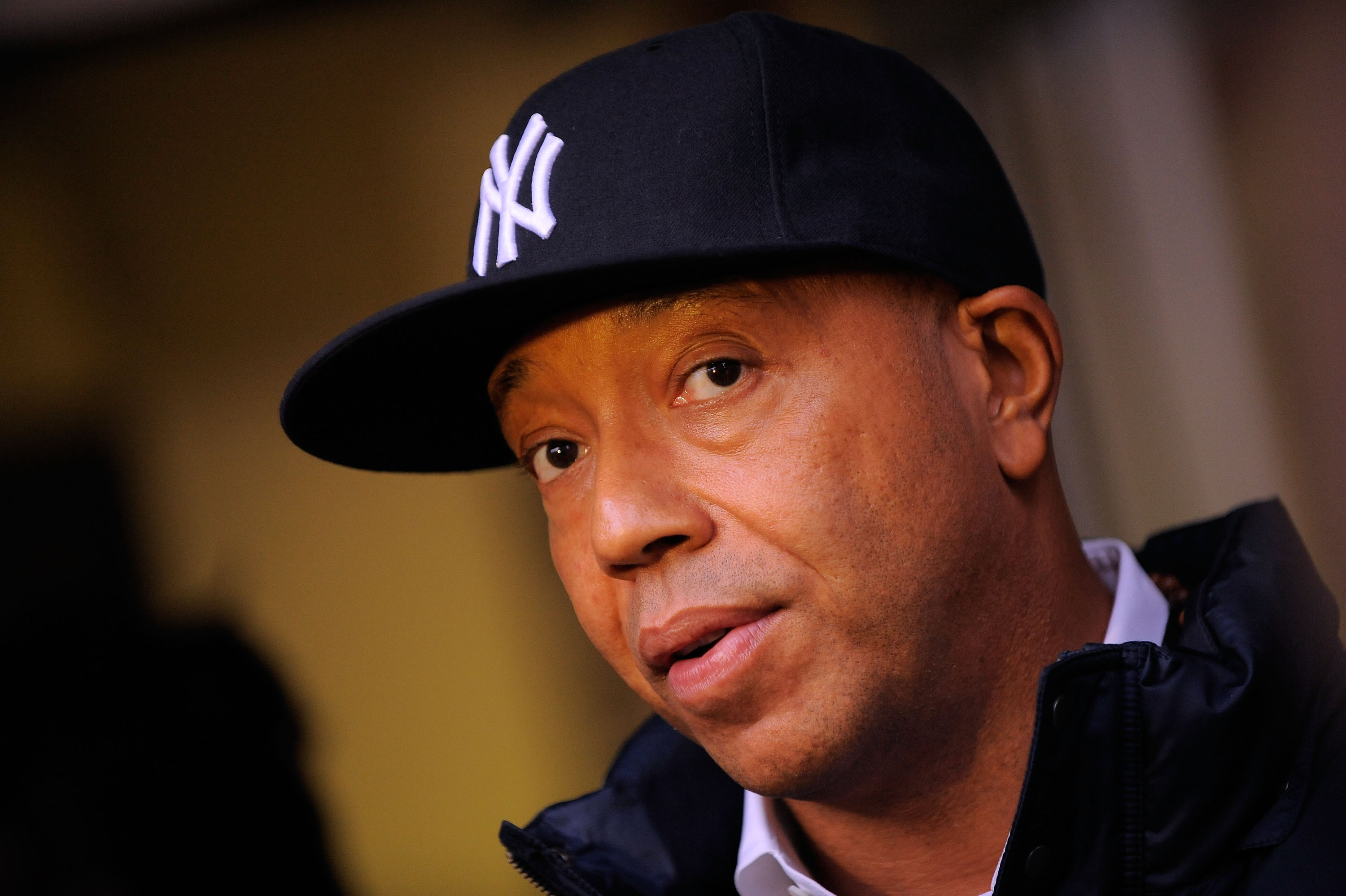 Photo Credit: The Root
Photo Credit: The Root
Russell Simmons is undergoing one of the worst weeks
a mogul has ever had with no clean end in sight. And
in the process, a nagging issue within communities of
color comes to the surface once again with some dire
situations taking place.
The hip-hop and business titan has been receiving major
scrutiny since October 11th, when his RushCard prepaid
credit card service essentially shut down while in the midst
of transitioning to a new processing company. As a result,
thousands of people have been left stranded without access
to their money that they deposited. HipHopDX was first to
report the news as it broke. Since then, thanks to a flurry
of social media posts on Twitter and Facebook from both
affected RushCard users and those agitating on their behalf
to get the situation more coverage, the company is now
forced to rectify the damage under a magnifying glass. But
the true damage may be the painting of Russell Simmons
as a vulture preying on the underprivileged and unfortunate
members of American society due to the fiasco that has taken
place. Simmons himself has responded to some members’
pleas and ire by having them personally contact him via
Twitter, even as he was berated online for offering “prayers”
for those affected. RushCard itself proclaimed a “fee holiday”
from the first of November until the end of the year, where
their customary fees would be abolished. But that’s of little
comfort to those affected, many who have said that they will
no longer use the prepaid service.
Prepaid credit cards on a whole have been on a rise since 2003.
The RushCard itself was one of the first to hit the scene. For
those who haven’t used prepaid credit cards, they essentially
work like this: you sign up for the card, without any credit
checks. You agree to pay a one-time setup fee that ranges from
$3.95 to $9.95. You’re then offered a choice between a plan
that lets you pay as you go, or an “unlimited” plan. The plan
differences are seen in terms of the monthly fee a user has
to pay (free for the former, up to $7.95 for the unlimited users),
fees for transactions(the company usually charges a dollar per
transaction) and whether you have direct deposit or not. And
that is a key point that led a lot of those who didn’t have a full
banking package, the “underbanked” and the “unbanked”, those
who don’t even have a banking account in their name. By recent
reports, that amounts up to 68 million Americans. Mostly Black
and Brown folks. For those who didn’t have the means, the card
that Simmons’ company offered was a neat alternative that
seemed trustworthy. I had one in the early years of its existence.
I soon dropped it because I had concerns after dealing with a
RushCard customer service representative who had processed
a transaction I made incorrectly. Also, the company at that time
had begun their aggressive campaign to get people to deposit
their entire paycheck onto the card through Western Union.
Another thing that was troubling was that despite it being touted
as a credit card, there were many businesses like hotels that
would not accept it for payment. But through television ads and
other means, the ranks of RushCard users grew. And other companies
took notice. Now, PayPal has its own prepaid credit card. American
Express has also entered the field with their SERV card, marketed
in part with CVS Drugstores. It’s now customary to see advertisements
for prepaid credit cards in check cashing places. You can forget just
how many folks out their rely on this means of financial management.
And in the process, you can also find those willing to basically take
shots at them. How many times have you heard or seen someone
make RushCard users the butt of jokes. Or act like they wouldn’t
be caught dead knowing one? Even now, as people are suffering,
there are those who want to offer up more jokes than solutions.
Solutions are available, but not plentiful. For one, those affected
can’t sue RushCard because of a section of the terms and conditions
that they signed in getting the card that prevents such an action
either in court or by engaging in a class action lawsuit. And therein
lies another problem with prepaid credit cards: the lack of full consumer
protection as offered by the FDIC with traditional banking. Think about
it - the prepaid card industry raked in $65 billion dollars three years ago.
Included in that amount were fees for lost cards(which can cost a user
thirty dollars and up) and the various fees for transactions.
At the heart of all this, is the fact that a great deal of us have taken
to these means because the current financial structure hasn’t made
itself accessible to our needs. There’s a deep-seated mistrust of banks
overall, and the Wall Street bailout hasn’t helped ease public concerns.
When you have banks that demand you must put in a certain amount
monthly to even have a checking account, when you have banks that
are willing to gouge out fees from the pockets of customers for any
and all matters, the people don’t have many other options available
to them. Even Black-owned banks are fighting an uphill battle to serve
their own as they’re going out of business due to lack of funding they’ve
always received. Even credit unions have their issues, mainly with one needing
to be a resident of a particular region or employed in certain companies
to even use them. Take into account those who’ve just made their way
here from other countries as well and what they have to consider. The
public embarassment that Uncle Rush is now dealing with is a problem
for him and RushCard, yes. But it may not have been one that he, the
company and those customers could’ve avoided. The hope with all of
this is that each of the affected customers get their money back two
times over. The hope is that RushCard not only fixes the issue that
plagued their transition but actually lowers fees and makes themselves
accountable under federal consumer protection guidelines. And the
prevailing hope is that the Consumer Financial Protection Bureau will
be able to fully enact their own measures recently proposed before
Congress that will prevent such a heinous situation from taking place
again. We’ve seen just how tragic it can be when the rush is taken out
of your normal life due to a situation like this, especially in our own
communities of color.
